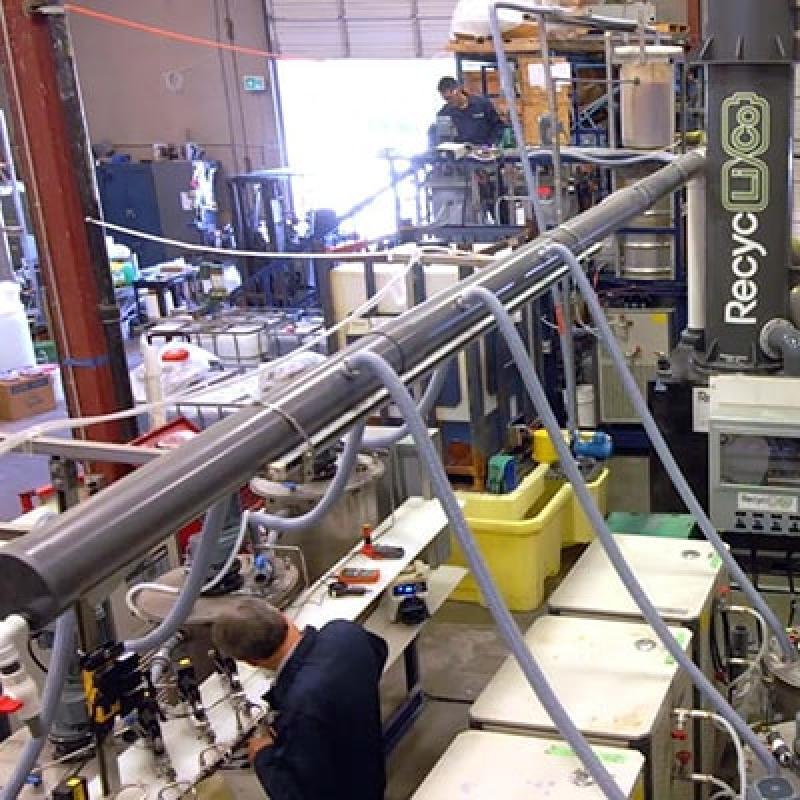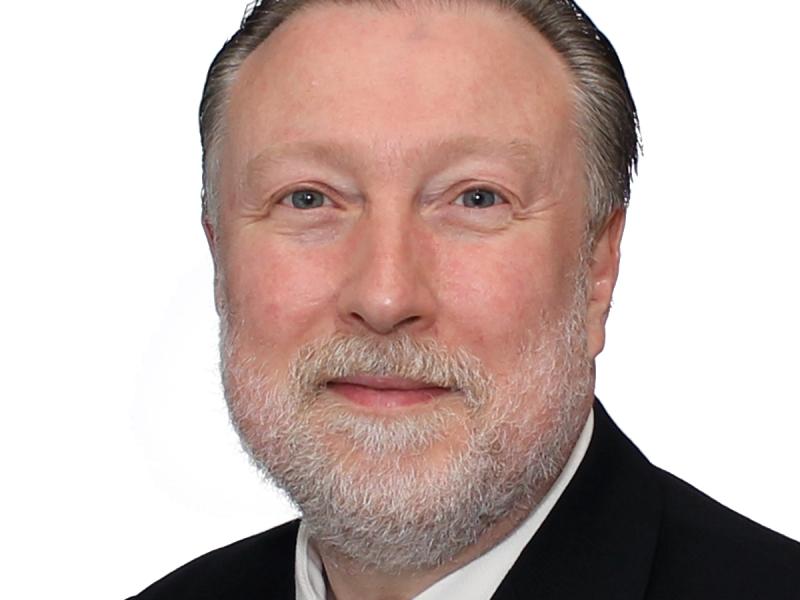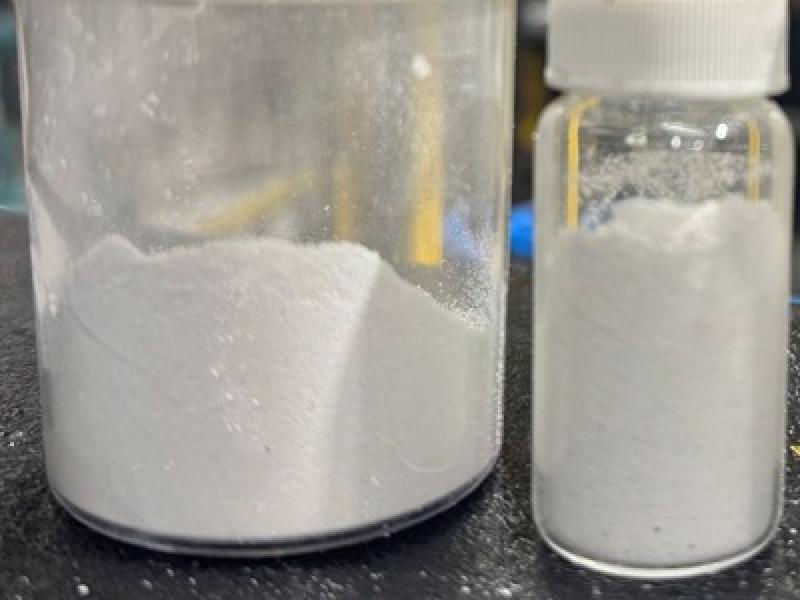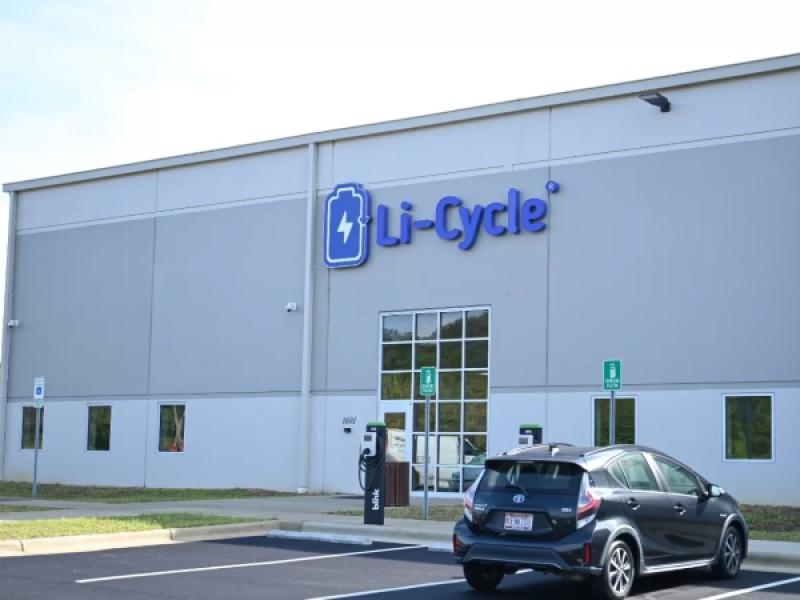
RecycLiCo Battery Materials Inc. (AMY-X) plans to add critical minerals midstream processing on top of its processed battery recycling service, in the hopes of avoiding the pitfalls of fellow Canadian recycler Li-Cycle.
Delta, B.C.-based RecycLiCo’s technology recovers critical minerals such as lithium, nickel and cobalt from a shredded battery material known as black mass. Those critical minerals can be recirculated through the battery industry as precursor materials for battery manufacturers, or sold in their pure forms.
But recognizing the missteps made by Li-Cycle, a Canadian battery recycler that suffered a financial collapse, RecycLiCo management realized it cannot limit itself just to black mass “and have viable business at this point,” director and interim CEO Richard Sadowsky told Sustainable Biz Canada.
"Basically what we determined was that recycling by itself wasn't gonna happen very soon. And that was demonstrated very graphically by the failures of Li-Cycle," he said.
To supplement its initial strategy, RecycLiCo aims to establish facilities near mines and manufacturing sites to process the critical mineral feedstocks and wastes.
“The idea here is to put ourselves in places where it makes sense for us to be,” Sadowsky said.
Learning from Li-Cycle
A change in strategy is not new to RecycLiCo. It was originally founded as a mining company named American Manganese Inc. before it pivoted to black mass recycling.
The recycling process it uses, called the RecycLiCo Clean Spot, dunks black mass into a leaching solution to separate the critical minerals from other materials. There is no wastewater discharge and less energy and chemicals are required compared to peer technologies, the company says.
As the company tested its technology in a demonstration facility during the past few years, it witnessed the sharp decline of Li-Cycle between 2023 to 2025.
Like RecycLiCo, Toronto-based Li-Cycle recycled black mass to support the circularity of the battery industry. It developed a global network of recycling facilities and closed a loan facility up to US$475 million for a cornerstone facility in Rochester, N.Y.
However, construction at the Rochester facility was repeatedly delayed and Li-Cycle consistently operated at a loss, forcing cuts and layoffs. In May, the company applied for bankruptcy protection.
"If you look at Li-Cycle and the other companies that have gone under, they were going to go out soliciting feedstock and then put it through the process and then resell it. They wasted a lot of money. We are looking at being recycling-as-a-service," Sadowsky said.
Watching a much better capitalized company struggle, Sadowsky said RecycLiCo's braintrust determined batteries are unlikely to be a main source of revenue for the company. It instead looked to approach its business differently by simultaneously offering a midstream processing service to recover critical minerals, rather than concentrate purely on black mass.
RecycLiCo's midstream processing plan
The company's current goal for its midstream processing plan is to establish a series of small co-located facilities in Canada and the U.S. that it will design and manage to service feedstock generators such as mining companies.
Some of RecycLiCo’s first steps toward this strategy are a memorandum of understanding with Alaska Energy Metals Corporation and a partnership with electric vehicle manufacturer Lucid.
With Alaska Energy, RecycLiCo plans to examine how Clean Spot could be used to create refined concentrates for introduction into a critical minerals supply chain. This would keep critical minerals processing domestic, a major goal of the Canadian and U.S. governments, and require less transportation, Sadowsky said.
He noted it is too early to discuss expected production from the midstream processing or a schedule for commercialization. Its scale will depend on government support, Sadowsky added.
RecycLiCo will be moving cautiously and conserving cash for now, he said, rather than rushing to meet deadlines that could be rendered obsolete in a rapidly changing world.
Key to its growth will be tests and demonstrations at its new headquarters in Delta.
A new HQ
RecycLiCo closed the acquisition of the 10,047-square-foot building in Delta in early September to serve as a head office and operational hub.
The Delta headquarters is a much larger facility than its former home in Surrey, Sadowsky explained, with both lab and demonstration plant space. It also allows RecycLiCo to upgrade its in-house processing capacity and research.
“It became pretty clear that if we were going to be seriously contending to be a part of the critical minerals supply chain” and to qualify for government grants, “we had to have our own in-house capacity,” he added.
The company’s staff have all moved in, Sadowsky said, and the components for its battery recycling demonstration plant are in its warehouse. The hope is to have it commissioned by Q1 2026.
RecycLiCo is searching for partners interested in its processes and services. As he expressed at a Nasdaq meeting in August: “We are willing to partner with anybody.”










